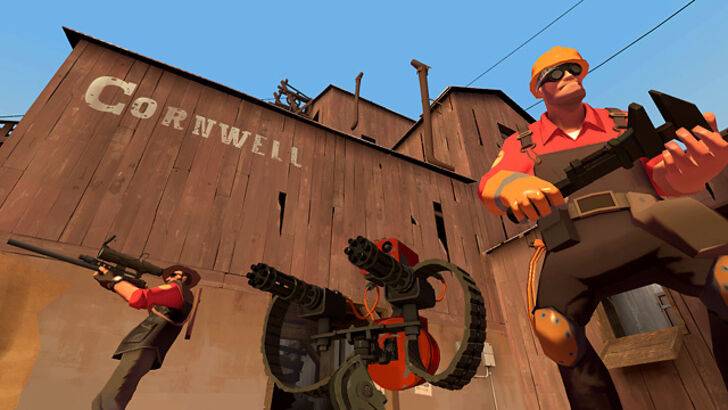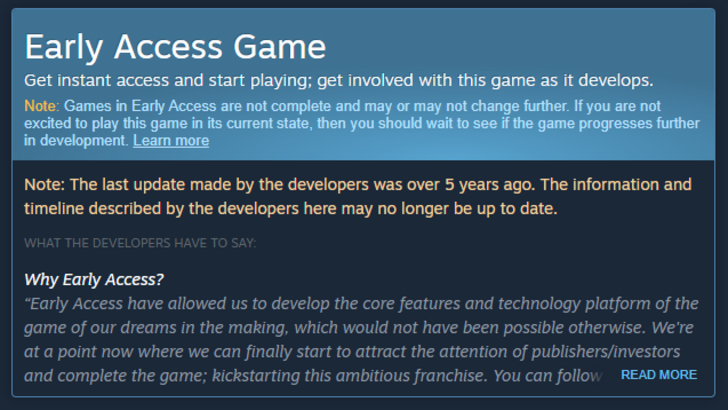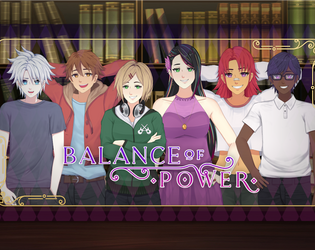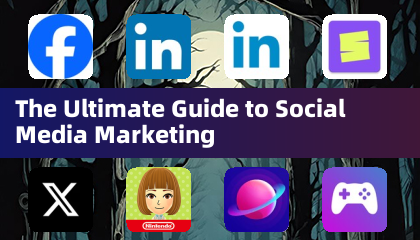
Valve has clarified its stance on in-game advertising, creating a dedicated policy page outlining its prohibition of games forcing players to watch ads. This article details the new rules and their implications for players and developers.
Valve's Updated Policy on Forced In-Game Advertising
Crackdown on Forced Ads

Valve has implemented a stricter policy banning games requiring users to watch or interact with ads for gameplay or rewards. This practice, common in free-to-play mobile games, often involves unskippable ads between levels or ad-based reward systems.
While the policy has existed within Steamworks' terms for five years, its recent spotlighting on a dedicated page suggests a proactive response to the platform's rapid growth. SteamDB data reveals a significant increase in game releases, particularly in 2024, with over 18,942 games launched. This surge likely prompted Valve to reinforce its guidelines.

Steam's ad-free environment necessitates the removal of such monetization models. Games relying on forced ads must either remove them or transition to a paid model. Alternatively, a free-to-play structure with optional microtransactions or DLC is acceptable. Good Pizza, Great Pizza, a successful mobile-to-Steam port, exemplifies this approach, converting in-app purchases into paid DLC.
Acceptable Advertising: Product Placement and Cross-Promotions
Despite the ban on disruptive ads, product placement and cross-promotions (with proper licensing) remain permissible. Examples include branded cars in racing games or real-world brands in skateboarding titles.
This policy aims to enhance the PC gaming experience by minimizing intrusive advertising, ensuring a more immersive and enjoyable environment for Steam users.
Abandoned Early Access Games Flagged

Steam has introduced a new feature alerting users to Early Access games lacking updates for over a year. Affected game pages now display a message indicating the time since the last update and that developer information may be outdated.
This addition addresses concerns about abandoned Early Access titles. While negative reviews often signal neglect, the prominent notice provides a clearer warning, helping users filter out potentially stalled projects. Community feedback suggests this is a welcome change, with some advocating for delisting games neglected for extended periods.















